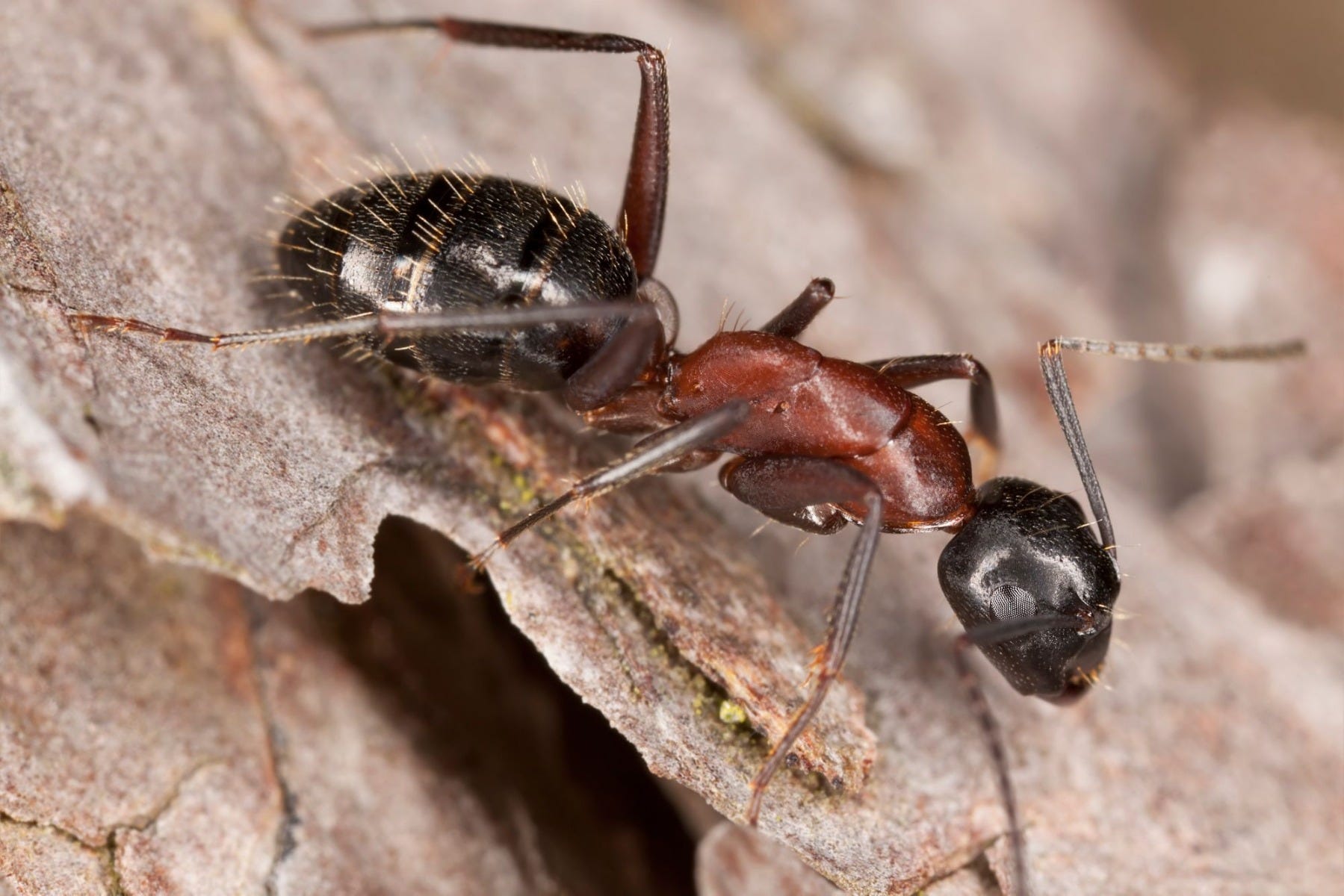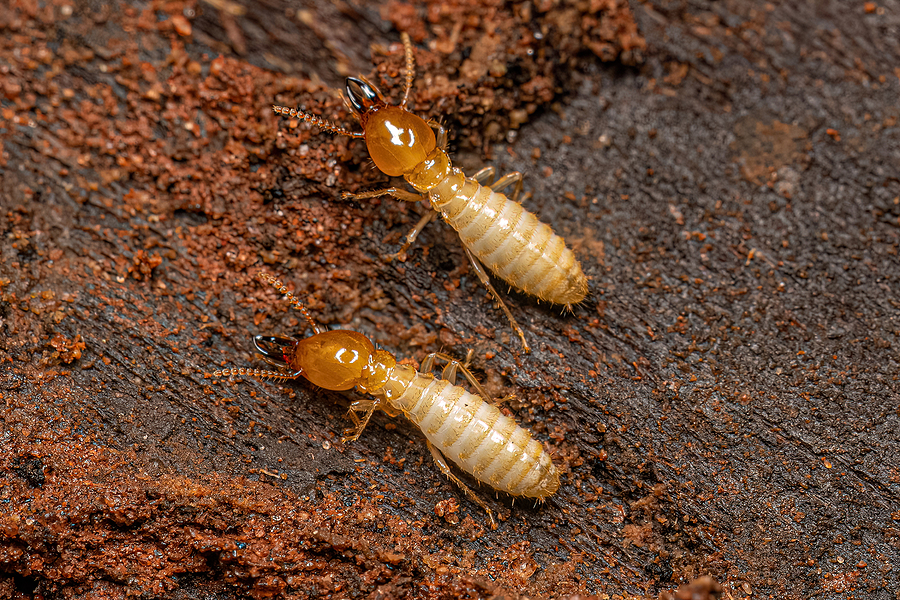Environmental Effect of Insect Control: Balancing Performance With Sustainability
The ecological impact of bug control is a crucial concern that calls for a fragile balance in between accomplishing performance in guaranteeing and managing pests sustainability of our environments. From the use of hazardous chemicals that leak right into our soil and water to the unintentional consequences on non-target species, the consequences of conventional insect control methods are significant.
Damaging Chemicals in Parasite Control
The application of damaging chemicals in insect control presents considerable environmental and health and wellness threats that require mindful factor to consider and reduction methods. Pesticides, chemicals, and herbicides are typically used to eradicate pests, yet their extensive application can result in unplanned effects. These chemicals can infect soil, water sources, and the air, affecting not only the targeted pests however also advantageous pests, wildlife, and people.

To address these threats, incorporated pest monitoring (IPM) strategies are being promoted as a much more sustainable choice. IPM involves a combination of methods such as biological control, environment control, and the targeted use chemicals as a last resort (ant control lake norman of catabwa nc). By taking on a holistic method to pest control, we can decrease the ecological and wellness effects connected with harmful chemicals while efficiently handling pest populations
Effect On Non-Target Species
Taking into consideration the unintended effects of parasite control methods, the effect on non-target types is an essential aspect that requires detailed analysis. While insect control steps intend to target particular insects, other organisms in the ecological community may be unintentionally affected. Non-target varieties, including useful bugs, birds, mammals, and also plants, can suffer indirect or straight damage from chemical applications or biological control methods.
Chemicals can have sub-lethal or lethal impacts on non-target types. For example, insecticides designed to combat a specific bug bug might damage pollinators like or all-natural predators such as ladybugs. Furthermore, chemical deposits can gather in the setting, influencing non-target organisms with time. Organic control representatives, if not species-specific, can position dangers to unplanned targets, interfering with the environmental balance.
To mitigate the effect on non-target types, incorporated bug administration (IPM) approaches that highlight an all natural technique to pest control are suggested. These methods focus on the usage of eco-friendly practices, decreasing injury to valuable organisms while effectively managing pest populations. Carrying out thorough risk assessments and monitoring the end results of bug control initiatives are necessary action in securing non-target species and advertising overall ecological community health and wellness.
Soil and Water Contamination
Unexpected environmental effects of bug control methods expand past influencing non-target varieties, with significant ramifications for dirt and water contamination - ant control services. Pesticides, herbicides, and ant control albemarle nc chemical plant foods utilized in parasite control can seep into the dirt and contaminate groundwater, posing a threat to both water and terrestrial ecological communities.
Water contamination is one more vital concern connected with insect control practices. Overflow from farming fields treated with chemicals can carry these chemicals right into nearby water bodies, influencing marine microorganisms and water top quality. Pollutants in water resources can have far-reaching consequences, influencing not only aquatic life yet likewise human health through the usage of polluted water or aquatic organisms. To reduce soil and water contamination from parasite control tasks, integrated insect monitoring strategies that focus on sustainability and lessen chemical inputs are essential.
Air Pollution From Chemical Usage
Direct exposure to air-borne pesticides during agricultural applications poses a substantial problem for air contamination control actions. In addition, chemical drift, where chemicals are lugged by the wind to unintentional areas, can lead to the contamination of close-by ecological communities and water bodies.

Strategies for Sustainable Pest Control
In the realm of agricultural techniques, implementing lasting bug control methods is extremely important for keeping ecological balance and protecting plant returns. Sustainable insect control highlights the usage of eco-friendly methods to take care of bug populations successfully while minimizing injury to non-target organisms and communities. Integrated Bug Administration (IPM) is a widely embraced strategy that integrates organic, social, physical, and chemical control methods to achieve long-lasting bug management remedies.
One trick approach in sustainable parasite control is promoting biodiversity within agroecosystems. By boosting all-natural opponents of insects, such as predators and parasitoids, farmers can minimize the requirement for artificial pesticides. Plant rotation and diversity are likewise effective techniques to interrupt pest life cycles and produce less positive conditions for insects to grow. In addition, utilizing pest-resistant crop ranges and employing strategies like catch chopping can help in reducing pest pressure without relying heavily on chemical treatments. Inevitably, by incorporating these sustainable bug control methods, farmers can achieve a balance between pest management performance and environmental stewardship.
Final Thought
In final thought, the ecological impact of pest control approaches must be thoroughly considered to balance efficiency with sustainability. Dangerous chemicals used in pest control can bring about dirt and water contamination, air pollution, and harm non-target varieties - termite control. It is crucial to implement lasting parasite control methods to decrease these adverse results on the atmosphere and promote a much healthier ecological community for future generations
By adopting an all natural technique to pest control, we can reduce the environmental and health and wellness influences linked with harmful chemicals while efficiently handling pest populaces.

To minimize the air contamination triggered by pesticide usage, it is essential to embrace integrated insect management techniques that focus on the use of non-chemical pest control techniques, such as crop rotation, natural killers, and resistant crop ranges. Lasting parasite control stresses the use of ecologically pleasant techniques to manage insect populations efficiently while lessening harm to non-target organisms and communities. Integrated Bug Management (IPM) is a commonly embraced strategy that combines biological, social, physical, and chemical control techniques to achieve long-term bug administration options.